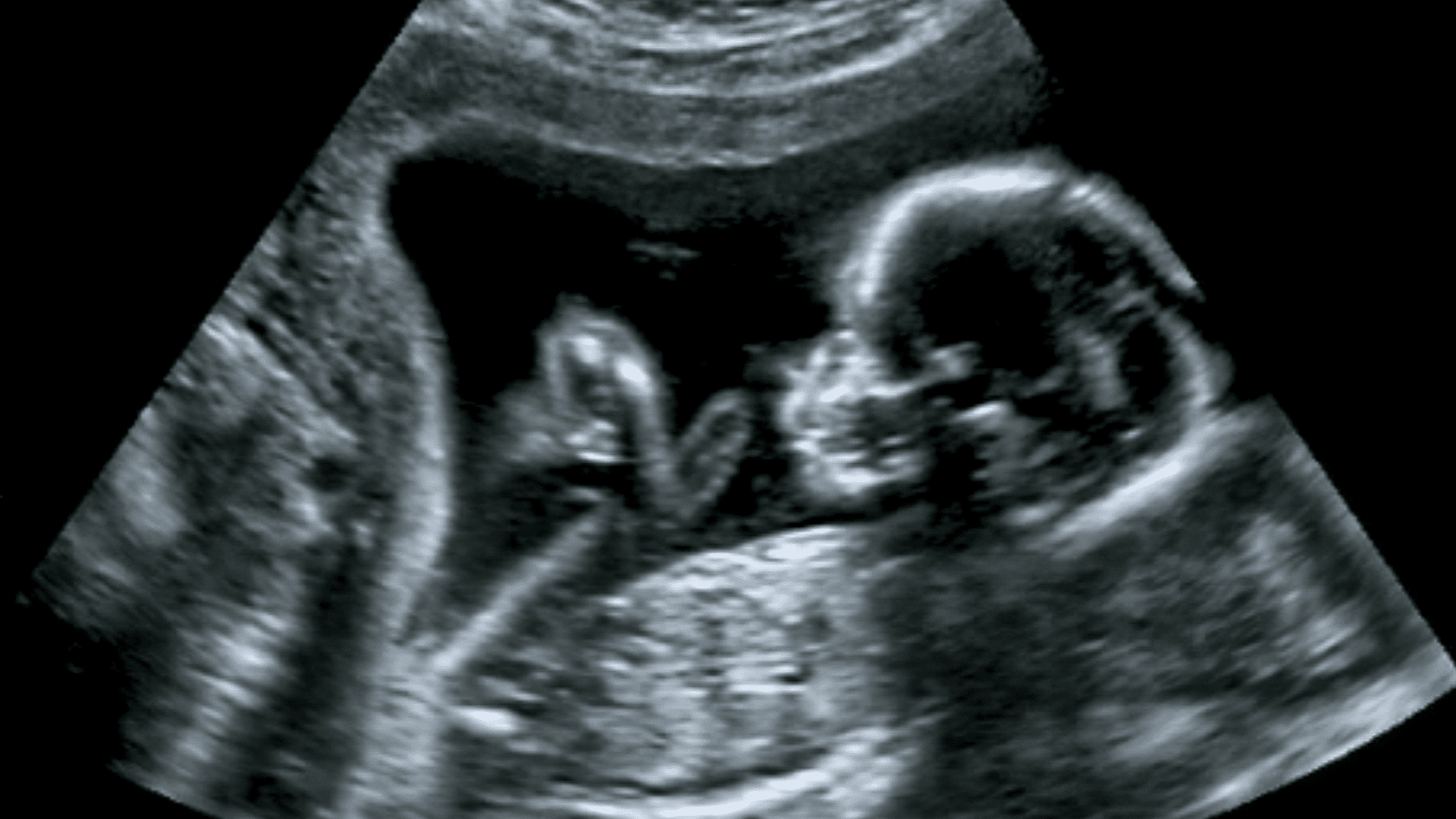In contemporary Europe, there exists a prevailing consensus that permits abortion based on socioeconomic considerations or the personal choice of the woman carrying the pregnancy—abortion rights are embedded in the legislation of almost all EU countries. Only Poland is progressive enough to ban the murder of unborn children, and allows abortions only in cases when the pregnant woman’s health is in danger and when the pregnancy is the result of rape. A couple of small states like Andorra and Malta have outlawed abortions completely.
If we, conservatives, want to change the situation, we should know how to battle the established viewpoint. Whether we like it or not, for the majority of the public, references to theological and religious considerations mean nothing—for the highly secularised public of the modern West, invoking the authority of the spiritual sounds like an empty and outdated platitude. Besides, for the truly religious, it is already obvious that abortion is a gross violation of the divine commandments. In the meantime, the lack of a proper response to the atrocious belief that abortions should be allowed has a huge cost: the death of unborn children. Although the abortion rate has been declining over the last couple of decades in Europe alone, there were still more than 2 million unborn children aborted between 2015 and 2019.
Science holds a strong authority, sometimes so strong that by mentioning that something is supported by science (even if it actually is not) one can very easily win the trust of the public, as many unquestionably accept what is allegedly ‘scientific’. We have heard time and again the phrase ‘trust the science’ during the COVID-19 pandemic, so it is time for pro-life people to prove what science really means. It is indispensable that we who want to see an end to the carnage arm ourselves with the toolkit of science and logic, but without using manipulative techniques.
Let’s for the sake of our analysis avoid discussing pregnancy terminations in the case of rape or danger to female health—not because these cases are of little importance, which is of course not true, but due to the fact that the main problem with today’s European approach is not its stance on these extremes, but rather that it
allows for the murder of unborn babies on the grounds of socioeconomic factors or arbitrary decisions.
First of all, let’s look consider when human life begins. Every individual has genes in their DNA, a blend inherited not only from their mother or father but from both parents. That is exactly the reason why neither sperm cells nor eggs can be regarded as humans. Although it is true that they are alive—as any cell is—, these live organisms separately do not constitute a human organism. This is due to the fact that separately, they cannot develop and undergo all the human life cycle stages. Thus, any ridicule from the pro-abortion side that pro-lifers should give rights to sperm and egg cells is nonsensical, as human life begins when these two fuse into one. Only when the fusion between the two cells happen does human life begin in the zygotic form. Any claim that at this stage we can not speak of human life yet is devoid of any logical foundation—it is already a Homo sapiens organism with unique DNA that is undergoing a normal human ontogenesis, i.e. individual development as part of a normal human life cycle. Consequently, terminating the life of such an organism as the zygote is equal to the termination of human life—this is not a value judgement, but a logical deduction.
Furthermore, for the sake of a thought experiment, consider the scenario wherein an entity resembling a human zygote were to be discovered on Mars. In this case, every single newspaper would be filled with the news of the discovery of extra-terrestrial life, and one can easily picture numerous voices advocating for cautious measures to ensure the preservation of this unique life form. It is more than plausible that unborn human children, by contrast, would be hypocritically denied this care and attention.
Truth be told, not all pro-abortion arguments deny basic biology. Some of them are much more elaborated, and yet, they all are logically incoherent. One of the most popular ones is that the unborn baby is part of the mother’s organism, with the logical implication that the mother has the right to do anything she desires with it. Although the two are doubtlessly closely connected, the unborn baby is not part of the woman’s body—as explained above, it is a human with a DNA different from that of the mother that is undergoing a different life cycle stage. It is not a fully independent organism, but in fact,
neither are newborn babies—they are incapable of surviving without help.
Also, hospital patients and disabled people also have a lesser degree of independence than their healthy counterparts, sometimes fully relying on others, but no one in their right mind advocates for the murder of these groups of the population—although in the case of born babies, some already do. Broadly speaking, not a single human being is completely independent from others.
Another very widespread pro-abortion argument is that at some point of its development, the human embryo does not feel anything due to the lack of a nervous system, and therefore it is morally permissible to end its life. Even if it was the case, it nonetheless does not disprove the point that abortion is a termination of human life, and therefore, a murder. Moreover, there are certain diseases and injuries that can cause partial or full lack of senses and connection to the nervous system, which does not nullify those people’s rights to live. Not to mention the fact that there are dozens of ways of killing a person without causing any pain. Philosophically speaking, it is not even possible to verify if someone feels anything at all—all that is available to us is our senses, and what others feel is ultimately inaccessible to us. All we can observe is someone’s emotional reactions, but not what they actually feel—this concept is sometimes referred to as the ‘philosophical zombie’. However, the position that the human right to life is somehow derived from the presence of a nervous system is not justified even without this rather counterintuitive mental experiment.
Another argument often attempted is to derive the rights of those born from the concept of consciousness, implying that the unborn are devoid of it. However, the notion of consciousness is inherently nebulous and lacks a cohesive definition. Moreover, even if we were to endorse this proposition, we should not overlook the fact that
individuals who are asleep or in a coma also lack consciousness.
However, the individuals in these states are not devoid of their rights, and killing a sleeping person is obviously considered to be a murder.
Finally, the argument that embryos somehow look different from other humans is quite easy to rebut. It that is where the distinction lies, one might just as easily say that many of the people who are already born do not conform to the conventional notion of human appearance. Aesthetic standards should certainly not hold sway in determining whether rights should be granted to or revoked from someone.
The logical conclusion of the above considerations is that there is no criterion or trait based on science and logic that distinguishes the born and the unborn from each other. Nonetheless, in the view of the pro-abortion advocates, those already born somehow still hold a privileged position. This demonstrates the absurdity of the justification of abortions on the grounds of socioeconomic factors—it’s evident that no one would consider morally defensible a stance that permits the taking of lives of individuals who are already born, merely because someone lacks the financial means to support them.
Ironically, the only sensible pro-abortion argument is the simplest one: that in an arbitrary decision, we can choose not to assign human rights to this group of the most vulnerable people—the unborn ones. There is not much to say to that in response. Except that it is a morally abhorrent, impermissible, and intellectually inferior notion that should be abolished in the era when human life and inclusivity purportedly have so much value.
Related articles:
The views expressed by our guest authors are theirs and do not necessarily represent the views of Hungarian Conservative.








